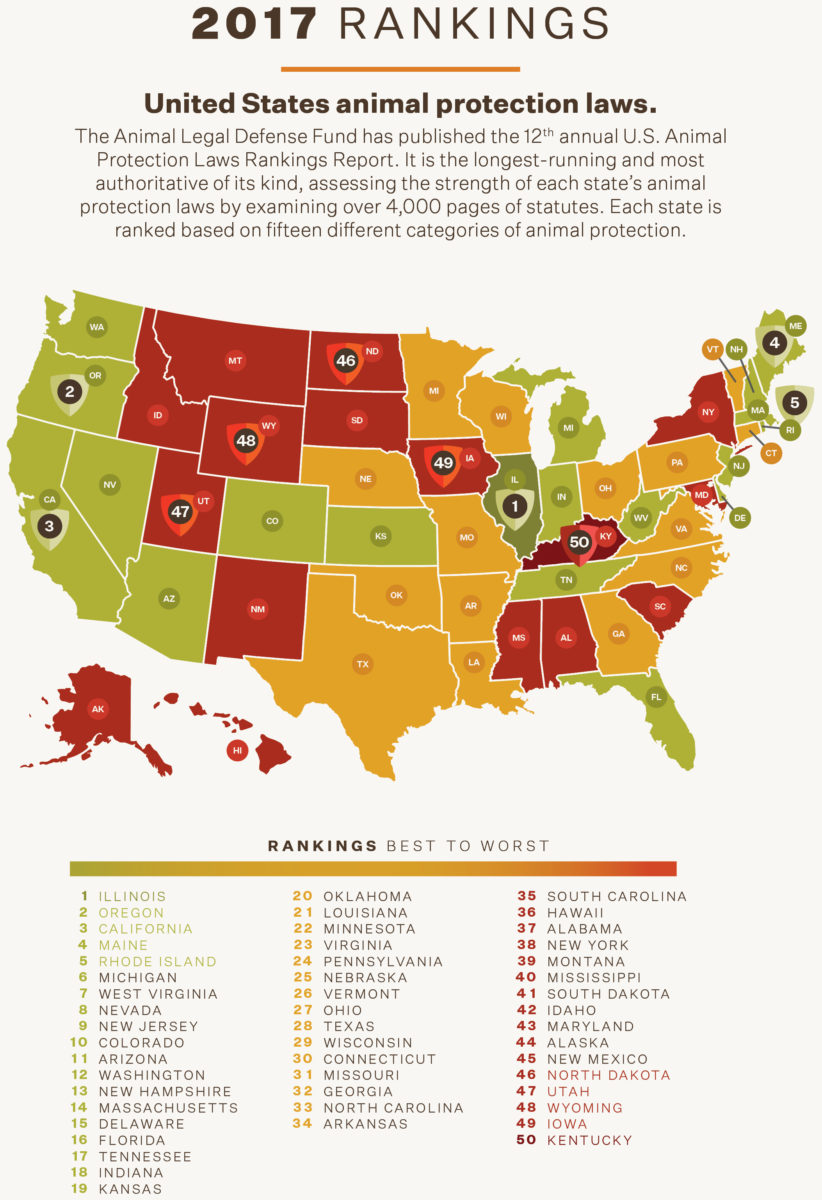When you think about the cherished bond you share with your pet, have you ever pondered the paramount question: Is animal cruelty illegal in all states? It’s a poignant inquiry, particularly in a society that increasingly values empathy and welfare toward its most vulnerable inhabitants. As a pet owner, understanding the legal landscape surrounding animal cruelty is not merely an academic exercise; it is a civic responsibility that can guide your actions and amplify your voice against any malfeasance.
To delve into this topic effectively, let us embark on a comprehensive exploration of the various dimensions of animal cruelty laws, examining the nuances from state to state. This discussion aims not only to illuminate existing legal statutes but also to inspire proactive measures regarding animal welfare in your community.
Animal cruelty broadly refers to the intentional or neglectful infliction of suffering upon an animal. In the United States, each state possesses its own set of laws governing animal welfare. This decentralized legal framework leads to significant variance in how animal cruelty is defined, prosecuted, and penalized. Some states possess robust protections for animals, while others may offer scant legal recourse. The stark discrepancies may leave you contemplating: how can a pet owner ensure the welfare of animals in a system where protections are so uneven?
The foundation of most state laws stems from both criminal and civil statutes. Generally, animal cruelty is classified into two main categories: active and passive cruelty. Active cruelty involves direct, intentional harm, such as physical abuse or torture. Passive cruelty, on the other hand, pertains to neglect and the failure to provide adequate care—such as food, water, shelter, and veterinary attention. Understanding these distinctions is vital, as they directly influence the legal ramifications offenders may face.
In nearly all states, active cruelty is punishable under the law, but the severity of penalties varies widely. Some jurisdictions impose felony charges with significant fines and imprisonment, while others may consider such actions mere misdemeanors, leading to comparatively lenient consequences. For instance, states like Illinois and California have introduced stringent measures that mandate imprisonment for serious offenders, recognizing the profound ethical implications surrounding acts of cruelty.
Neglect, while perhaps less sensational, is equally insidious and remains a prevalent issue. In some states, the legal threshold for what constitutes neglect may be alarmingly low, allowing many offenders to escape justice. In these instances, it often falls upon vigilant pet owners and community members to act, report, and advocate for more robust laws. Shouldn’t we ask ourselves, how far are we willing to go to safeguard our animal companions from the grasp of indifference?
An area of confusion for many pet owners lies within the application of laws addressing specific animals. While most generally protect companion animals like dogs and cats, other species—such as farm animals, wildlife, or exotic pets—might fall into a legal gray area. Some states afford limited or no protection to these animals, which might lead to shocking cases of suffering and exploitation. This discrepancy emphasizes the importance of advocacy and reform—ensuring every animal, regardless of breed or species, has a safeguard against cruelty.
The question arises: What can concerned citizens and pet owners do to effect change? First and foremost, enhancing awareness about animal cruelty and the applicable laws is critical. Engaging in community discussions, supporting local animal welfare organizations, and volunteering at shelters are practical steps that can amplify the collective voice advocating for stronger laws. Additionally, proposing legislative changes through petitions can empower community members to play a direct role in the lawmaking process.
Pet owners also bear a significant responsibility in preventing cruelty within their own networks. Education about appropriate animal care is paramount. Providing resources and information to fellow pet owners can foster an environment of respect and compassion toward animals. Furthermore, if you witness any form of cruelty or neglect, reporting the incident to local authorities or animal control can prompt investigations and ultimately prevent further suffering.
As an ardent supporter of animal welfare, familiarity with the laws governing your state is indispensable. For example, some states have enacted “cruelty-free” legislation that prohibits the use of certain harmful practices in pet ownership and animal research. Understanding these nuances gives pet owners the ability to advocate effectively for change and to hold others accountable for their actions.
In conclusion, while animal cruelty laws exist across the United States, their effectiveness hinges heavily upon the engagement of individuals like you. The challenge lies not just in identifying legal protections but also in actively participating in the discourse surrounding animal welfare. The question remains: how can we transform awareness into action, and ensure that our pets, and all animals, receive the protection they deserve?
The journey toward a more compassionate society requires diligence, advocacy, and perseverance. Every step taken toward improving animal welfare laws contributes to the broader injustice framework, ultimately benefitting both pets and their owners. As an empowered pet owner, you are uniquely positioned to be a catalyst for this change. After all, true strength in society is reflected in how we treat those who cannot speak for themselves.








